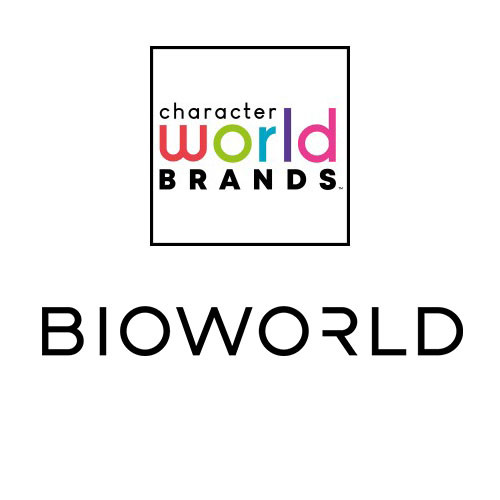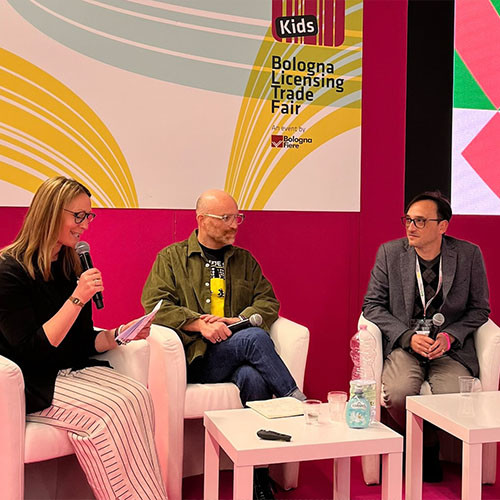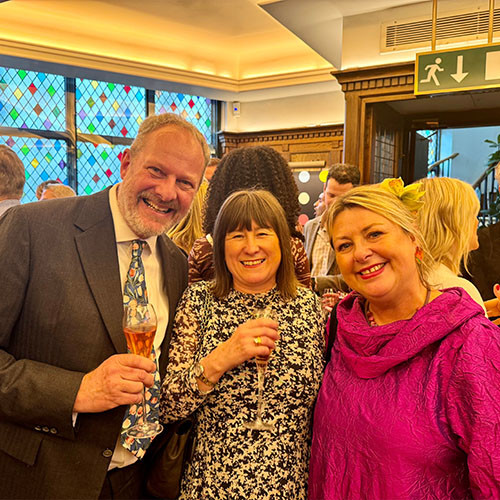Start Licensing’s Ian Downes sees some examples in retail of how licensing has adapted to changing times.
One of the notable attributes of the licensing industry is its adaptability.
Over the 25 plus years I have worked in the industry there have been lots of twists and turns in the road. Some have been changes in technology – I used to be responsible for selling rights to video companies for example. VHS video tapes look antique now.
Big retailers have disappeared. Woolworths was the go-to retailer for licensing. When it closed down many people privately wondered where licensed products would find a home. Today retailers such as The Entertainer, Primark and Home Bargains have filled the void.
There are fresh challenges for the industry at present, not least how the Coronavirus virus will impact business. Other challenges such as corporate mergers and acquisitions raise company and individual concerns.
However, through all these changes and challenges licensing seems to find a way through. I guess one factor at play is that licensing is an entrepreneurial business and those in it are agile in operating terms and fairly resilient. That said it is probably a time in the industry to take a supportive stance with colleagues and partners. Business is business so the saying goes but in challenging times it is good to look out for each other. This could include how we handle deals and obligations therein or how we help colleagues who may have been unsettled or displaced by some of the corporate changes going on.
Developing the theme of adaptability, I saw three examples in retail this week which demonstrate how licensing has adapted to changing times and adapted its business model.
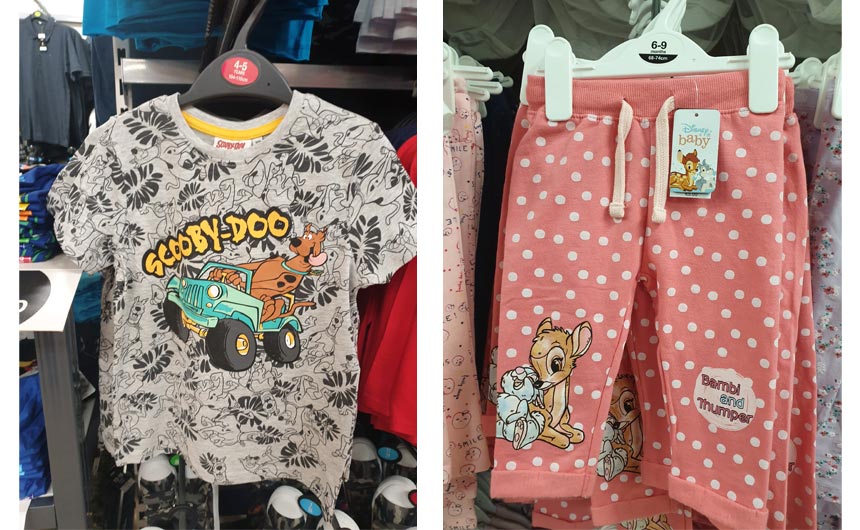
I visited a Poundland shop this week. It is housed in an old Woolworths site. Indeed Poundland is one of the companies which stepped into the void created by Woolworths’ demise.
Specifically what interested me on this visit was the apparent growth in Poundland’s clothing offer. There were some standalone Pep & Co stores before I believe but now the model seems a shop in shop one. The Pep & Co brand within my local Poundland seems to have grown spacewise. It mixes non-licensed lines with licensed ones. The latter seems to be growing.
While not selling at £1, price is obviously key within Poundland and the apparel I saw was selling at around £4 to £5. Product included sleepwear and babywear. Not surprisingly Disney brands featured strongly including some of its classic animated characters and stalwarts such as Spider-Man. Other characters on sale included Scooby-Doo.
The observation here is that rights holders have found a way of engaging with a very specific retail channel presumeably by adapting their financial model, exploring new designs and mining their portfolios. I am guessing margins are tight but volumes good. When engaging with new or emerging retail channels new rules have to be made and fresh lessons learnt.

Similarly, it was interesting to see card retailer Card Factory giving over a lot of space to a range of character cards. These feature a broad sweep of characters and sell for 99p each.
Again a very keen price with a tight margin, but selling in a retailer that can deliver volume and also a retailer with high street sites. The branch I visited was very busy and it was good to see customers were making purchases.
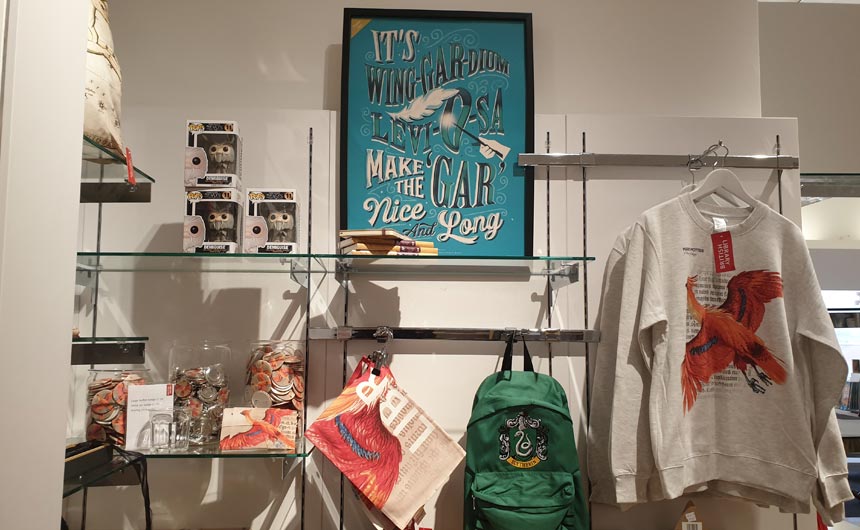
Finally, licensing seems to have got better at spotting ways of selling exclusive designs or products through specialist outlets. I spotted a range of Harry Potter products in the British Library shop. Some of these were exclusive lines I believe while others came via licensees. A good example of a rights holder taking time out to create and deliver business in a specialist channel which previously may have been overlooked.
It is a shame the London Book Fair has been cancelled next week. I have always found it to be a trade show that embraces licensing positively. Maybe next week we can all buy a book, maybe even a licensed one. As one retailer famously said ‘every little helps’. And I imagine our colleagues in the book world would appreciate some support at the moment.
Ian Downes runs Start Licensing, an independent brand licensing agency. His Twitter handle is @startlicensing – he would welcome your suggestions for what to look out for.














